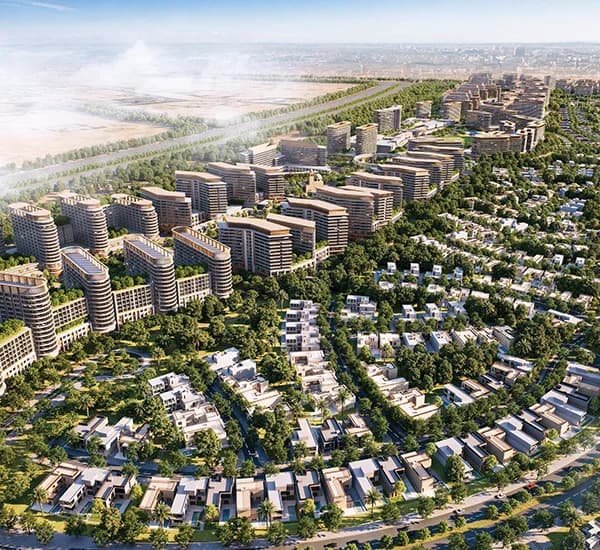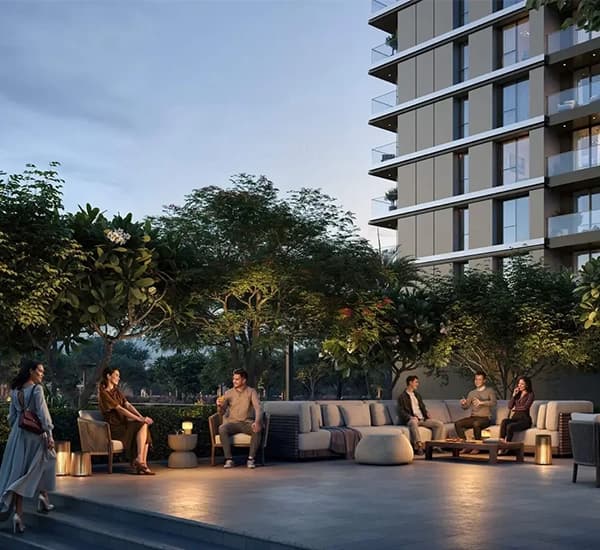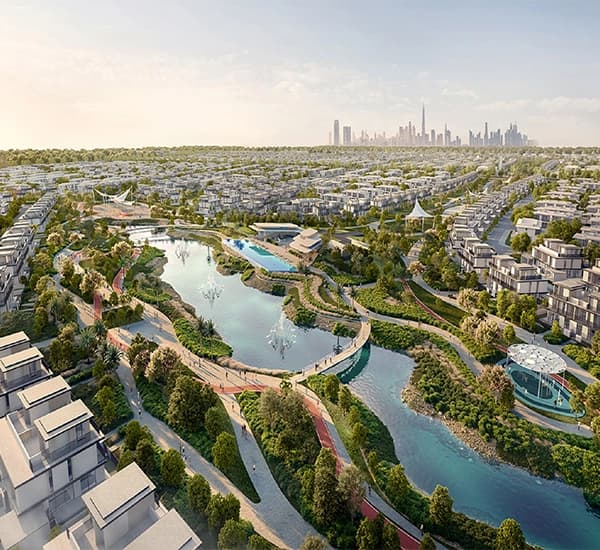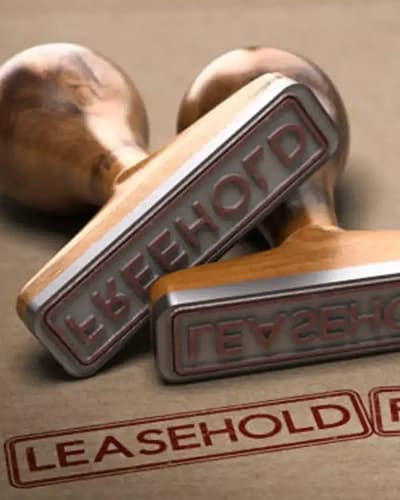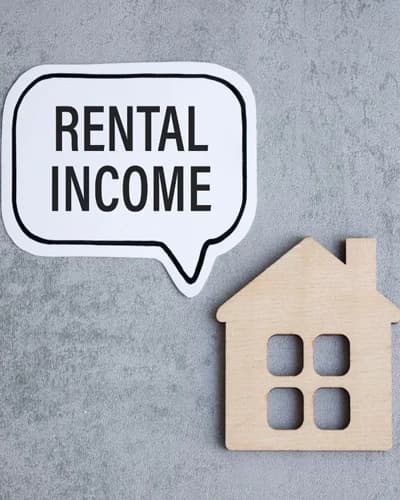What is the 99-Year Lease in Dubai?
A 99-year lease refers to a long-term property leasehold structure wherein a leaseholder, who is usually a foreign investor or company, is given the right to use and occupy the property for 99 years as if owning it, but in reality, the property is owned by the original property owner only. In easy terms, it allows foreigners to enjoy the property for a term of 99 years without owning the property, as its real owner remains the sole titleholder of the property.
This leasehold structure allows expatriates and foreign companies to lease properties for extended periods. This leasehold arrangement has helped many global investors acquire a stable and secure atmosphere for residential and housing purposes. This strategy is a prevalent practice in many countries, such as Dubai used to cater to the growing population of expatriates and investors. In Dubai, certain areas offer 99-year leasehold properties, allowing expatriates and foreign investors to secure long-term residential or commercial rights without full land ownership.
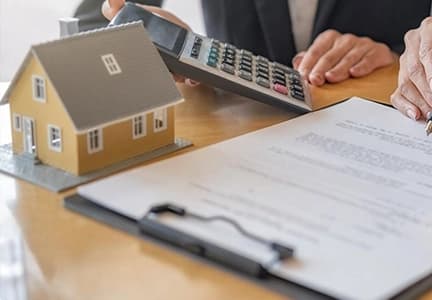
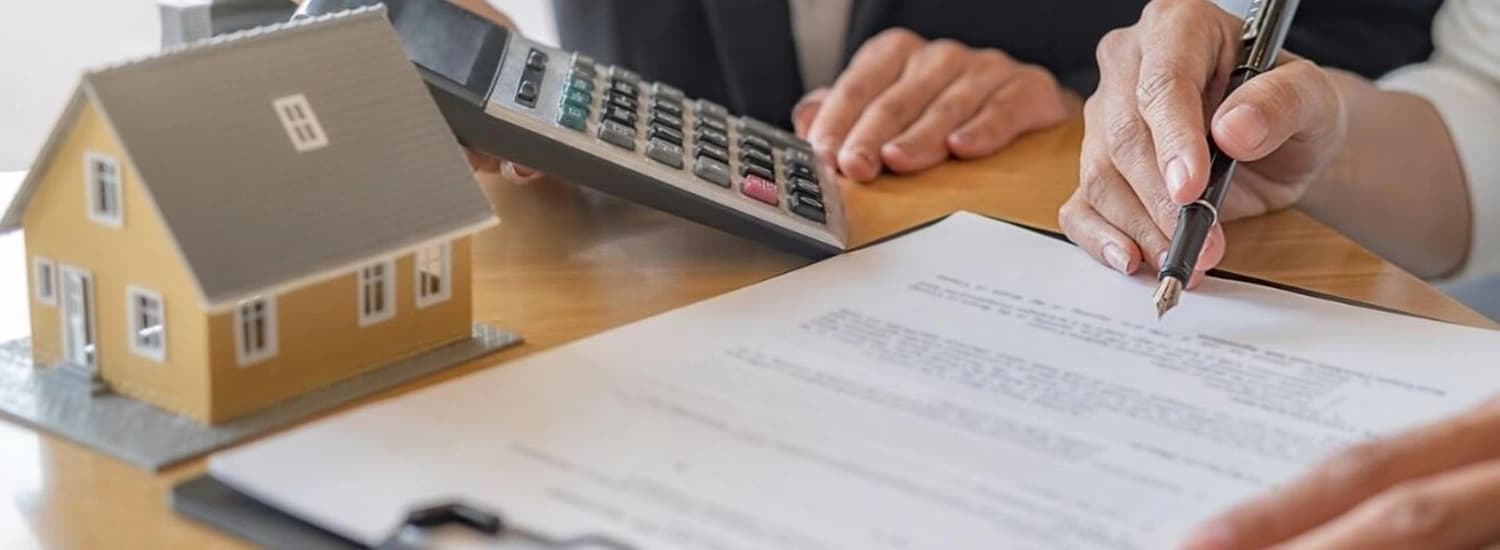
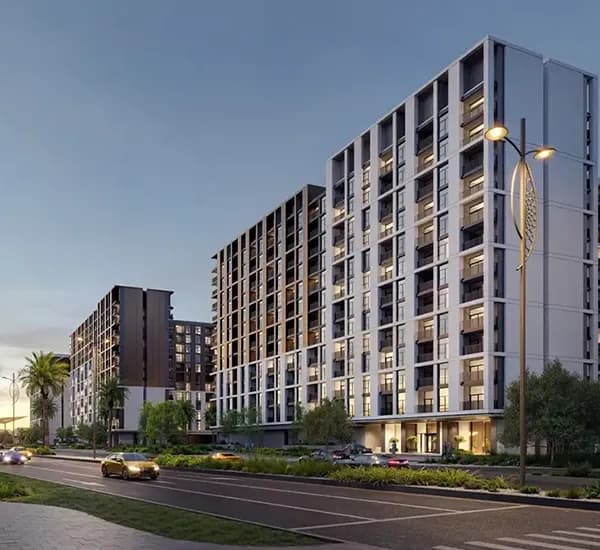

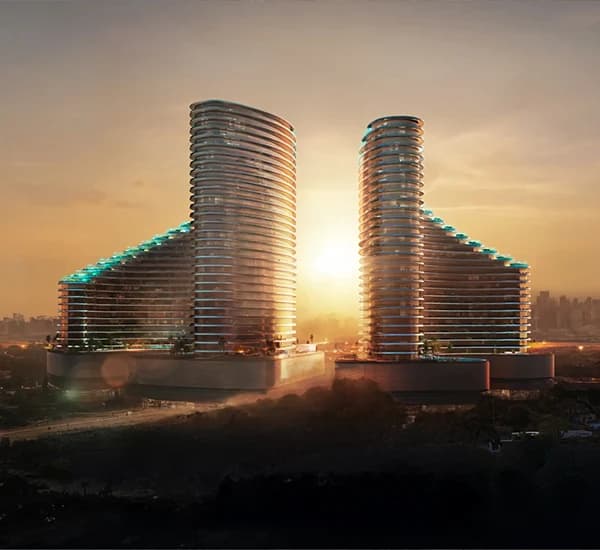

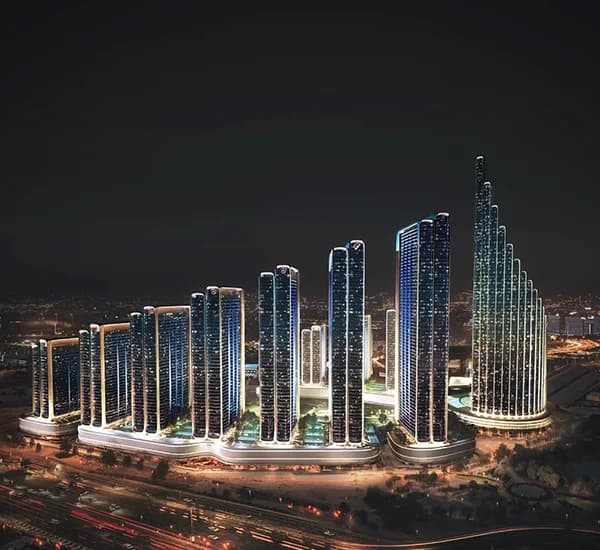
.svg)
